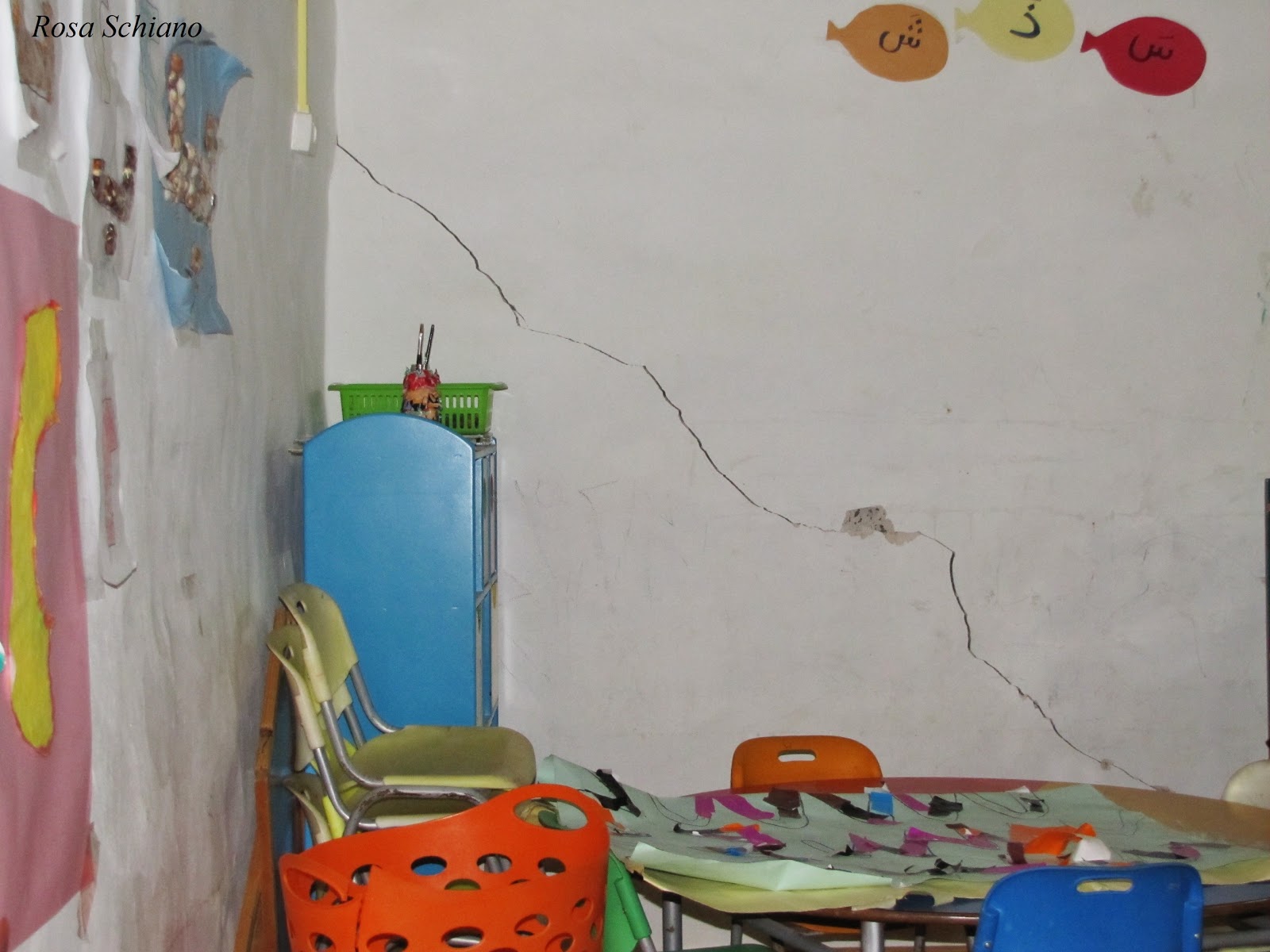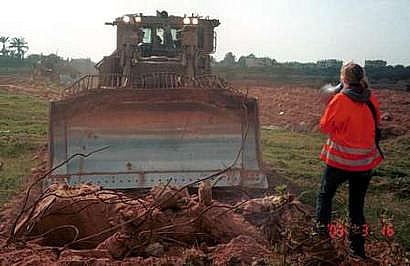Tag: Gaza
-
Israel attacks on al-Shoja’iya, Gaza. 4 Palestinian civilians killed, 38 injured
11th November 2012 | Hussain News, Gaza Strip For two days, the Israeli Occupation Forces (IOF) bombed and shelled civilians in the Gaza Strip. Five Palestinian civilians including 3 children were killed. 52 civilians including 6 women and 12 children were wounded. Many of the injuries remain critical, some have amputations. 2 members of the…
-
New Israeli Air Raids on the Gaza Strip
16 October 2012 | International Solidarity Movement, Gaza The Israeli air force has conducted several air raids at night starting on the 12th of October, and ending on the morning of the 13th. “I felt a huge explosion at midnight while in a cafè with some friends. The first attack hit a Hamas military base…
-
Rachel Corrie: Blaming the victim
Attorney Hussein Abu Hussein, who represented Rachel Corrie’s family in its suit against Israel, says they knew from the beginning that it would be an uphill battle to find truth and justice in an Israeli court. By Hussein Abu Hussein 02 September, 2012 | Haaretz On Tuesday, Judge Oded Gershon of the Haifa District Court…


